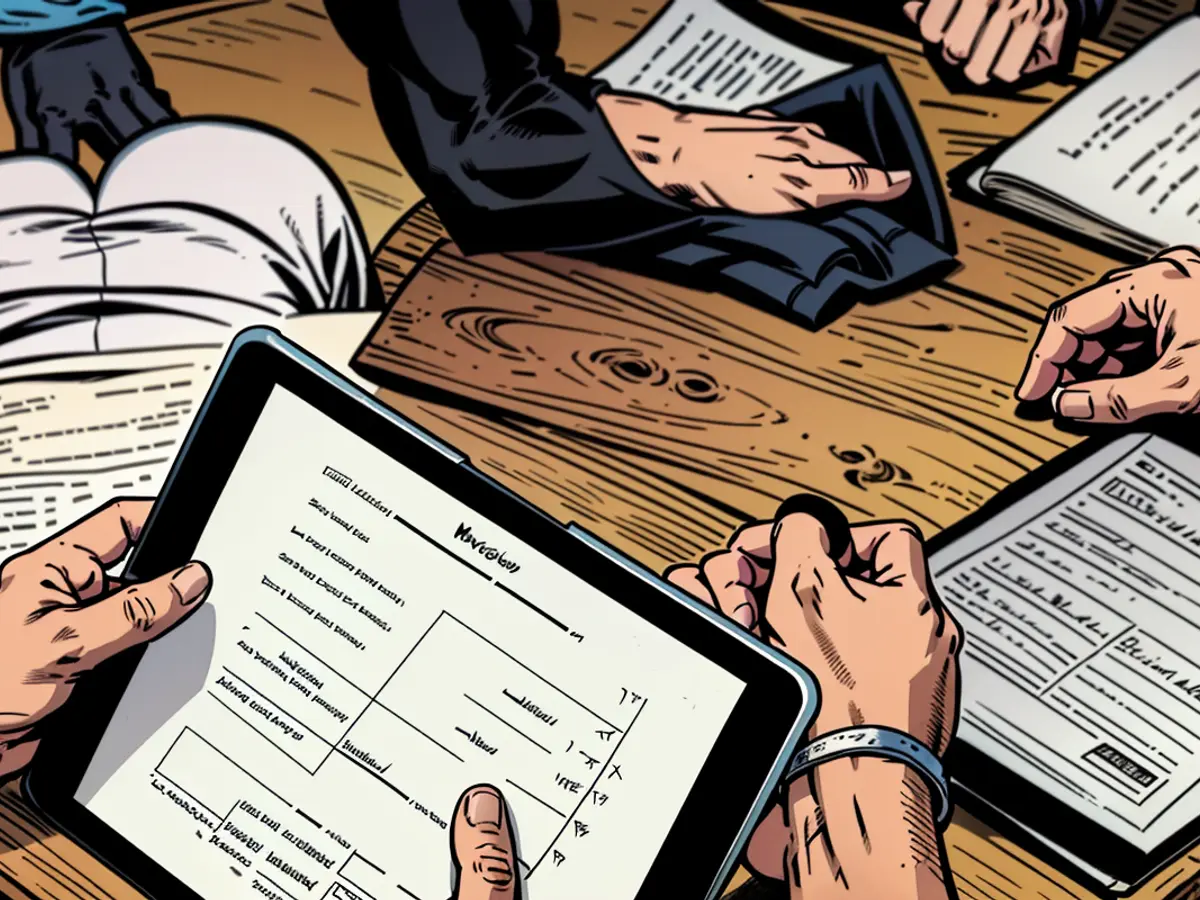Teacher shortage - Learning groups instead of absenteeism - teacher shortage project in Saxony
More than a dozen young people in teacher training have immersed themselves in practice in May and June as student teaching assistants. At two schools in Lower Lusatia, the 14 participated in a model project of the Technical University of Dresden to make up for the teacher shortage in Eastern Saxony. According to project leader Anke Langner, Professor at the TU Faculty of Education Sciences, the German Press Agency, these schools and municipalities take care of accommodation and cover transportation costs. "The response is incredible."
The balance of the first pilot phase is positive, according to Langner, and the project will be continued at least after the summer holidays. The TU and the Ministry of Culture support it financially from the coming school year, and the Science Ministry is also expected to do so. Then, over 60 student teaching assistants will collect experiences in their future profession at least five schools every Friday in small groups, said Langner. Recruitment is currently ongoing, ten from the first pilot phase are continuing.
Impressed by the project
Minister-President Michael Kretschmer (CDU) was impressed by the early involvement of young people in the school world. "Teaching is not a job, but a calling, it's not a profession, but a responsibility," he said. They have a special responsibility and are crucial for the quality of education. Raising the quality of teacher education, "is a powerful act, but not a question of money, but of the people who practice the teaching profession."
The eastern part of the Free State, in addition to the Erzgebirge, is one of the regions most affected by the teacher shortage. According to the Ministry of Culture, the teaching supply at the upper schools could only be covered to 89.4% last school year - that's 2.9 percentage points less than the state average.
Concept tested in one of many school experiments
A model for Langner's new project, which also meets the wish of students for earlier practical experience, is the concept of the University School Dresden, which is considered promising nationwide. There, since 2019, new forms of teaching and learning have been experimentally tested under scientific supervision. The concept combines classical reform approaches from Montessori and Freinet pedagogy as well as Jenaplan. In intergenerational groups, teacher training students gain practical experience as assistants to learning companions - as teachers are called there.
At the pilot project schools, they do not teach but support children in independent learning or in the learning process, said Langner. They are responsible for a maximum of seven children, help them with reading comprehension or English, and can exchange ideas with their colleagues. In addition, retired teachers, for example in mathematics, help out.
- The student teaching assistants participated in the project at two schools located in East Saxony, specifically in Lower Lusatia, to address the teacher shortage in the region.
- Despite the project's success in Görlitz and Zittau, the teacher shortage remains a significant challenge in other regions of Saxony, such as the eastern part of the Free State.
- The Ministry of Culture, Teacher Training, and the Science Ministry have expressed their support for the project's continuation, with plans to involve over 60 student teaching assistants from the TU Dresden starting from the next school year.
- Student teaching assistants who have completed the first pilot phase of the project are currently being recruited to continue their involvement in the following school year.
- The teaching assistant role is an opportunity for young people to gain practical experience and contribute to the quality of education in schools, as emphasized by Minister-President Michael Kretschmer.
- The German Press Agency reported on the project's progress, noting the impressive involvement of young people and the potential for addressing the teacher shortage in Saxony.
- The TU Dresden's project model, inspired by the University School Dresden, aims to provide early practical experience for teacher training students, while promoting promising educational practices such as Montessori and Jenaplan.








